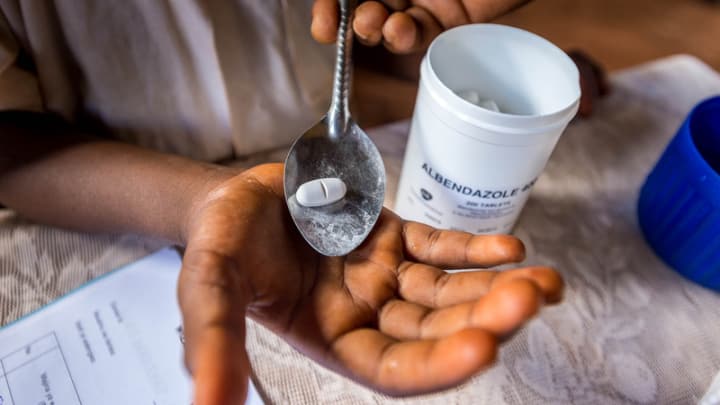HEALTH experts have called on authorities to provide for more funding and awareness on Neglected Tropical Diseases (NTDs) in the country.
They said this during commemorations of the NTDs day that is marked on the last Sunday of January every year, to coincide with the World Leprosy Day.
This year, the day was marked under the theme “achieving health equity to end the neglect of poverty related diseases”.
Bulawayo provincial medical director, Maphios Siamuchembu said the NTDs in the country often affected the most vulnerable and poor communities, thereby contributing to stigma.
“NTDs are mostly prevalent in poor communities, mostly in rural areas, due to the conditions of their existence. Children will mostly get bilharzia from swimming in contaminated water bodies, people will drink contaminated water getting soil related NTDs, for instance, while most of the time urban dwellers are usually spared from these as they mostly use treated potable water.
“We do record cases of NTDs at our central hospitals in cities, for example UBH and Mpilo central hospital will record these as they are referral centres, and most patients will be coming from the rural areas. We must fight the stigma through sharing the correct information,” Siamuchembu said.
Siyamuchembu said people who suffered long-term bilharzia were at high risk of bladder cancer if they were not treated in time.
“Just like their name suggests, they are neglected and there is a need for effort in raising awareness, ensuring that people know about them and making sure that they get treatment for it,” he said.
He further said NTDs cause devastating health, social and economic consequences as some people lose income sources due to sickness.
In his message for World NTDs day, World Health Organisation Director General Tedros Adhanom Gebreyesus said Covid-19 had increased the risk of vulnerable communities to NTDs.
“World NTD Day is an opportunity to re-energise the momentum to end the suffering from these 20 diseases that are caused by a variety of pathogens including viruses, bacteria, parasites, fungi and toxins,” he said.
NTDs are viral, parasitic and bacterial diseases that affect the world’s poorest, with more than one billion of the world’s population at risk. There are 20 NTDs that the world is still trying to eradicate.
Zimbabwe is endemic to 10 NTDs, namely schistosomiasis, popularly referred to as bilharzia, soil transmitted helminths or intestinal worms, lymphatic filariasis or elephantiasis, blinding trachoma, rabies, leprosy, sleeping sickness, anthrax, plague and snake envenoming.
The first four listed are the most common NTDs found in the country.
The epidemiology of NTDs is complex, as it is often related to environmental conditions. Many of them are vector borne, have animal reservoirs and are associated with complex life cycles. The NTDs thrive in areas where access to clean safe water is scarce.




